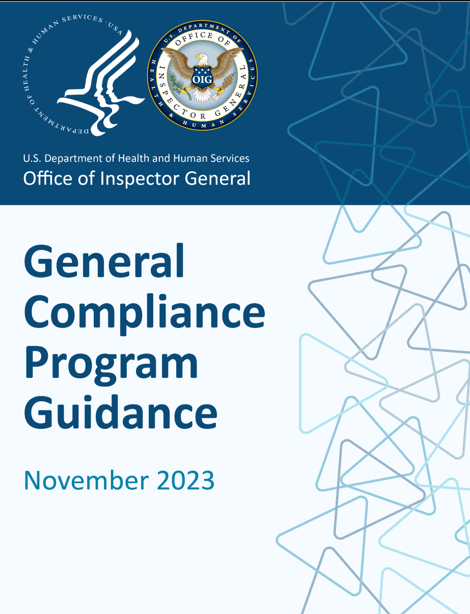From American Health Law Association, by Albert Lin, Husch Blackwell LLP, and Connor Campbell, Weaver and Tidwell LLP:
This article reviews the rules surrounding the IRS principles of executive compensation with a focus on health care organizations and discusses best practices that the governing boards of such organizations should look for in exercising their fiduciary obligations to minimize issues with tax-exempt status.
State-Specific Requirements Impacting Executive Compensation
State-Specific Nonprofit Corporation Statutes and Applicable Requirements
- Nonprofit health care organizations should maintain awareness of state-specific nonprofit requirements. These nonprofit requirements encompass both corporate governance requirements and tax-specific requirements based on income, property, and sales taxes that may not always correlate with federal tax concepts.
- Texas has a common, specific type of nonprofit health organization that is specifically licensed by the Texas Medical Board as a legal entity that can practice medicine.
- State statutes will usually have provisions directly impacting the payment of compensation.
- As applied to executive compensation, an argument that a payment is a prohibited “distribution” is usually a key risk factor. The IRS rules prohibit a distribution of net earnings; state statutes may have slightly different language.
- It is important to have awareness of whether state community benefit goals are met.
State Common Law Fiduciary Duties
- In exercising their fiduciary duty and reviewing and approving compensation, directors should be mindful of their Duty of Care, Duty of Loyalty, and Duty of Obedience.
Federal Tax Law Requirements Impacting Executive Compensation
Private Benefit and Private Inurement
- Federal tax concepts of private benefit and private inurement should always be on the minds of those establishing executive compensation for nonprofit organizations.
- Private benefit refers to situations in which the overall resources of a charitable organization may benefit a general private interest rather than the public.
- Private inurement prohibition is absolute and occurs when net earnings of a charitable organization are redirected to persons who are essentially in control or exercise control of the charitable organization (“insiders”).
Section 4958 Intermediate Sanctions
- The intermediate sanctions penalize two key players: any disqualified person and any organization manager.
- The defense to private inurement and the intermediate sanction regime the rebuttable presumption of “reasonable compensation.” This essentially shifts the burden of proof to the IRS in any contest over whether compensation was excessive.
21% Excise Tax on Compensation in Excess of $1M for Nonprofit Covered Employees
- There is a 21% excise tax on the amount of compensation over $1 million as well as excess “parachute payments” paid to any “covered employees”.
- There is also an exception for physicians and other providers, as amounts paid for medical services are disregarded for purposes of the $1 million excise tax threshold.
Recommended Best Practices on Executive Compensation for Nonprofit Health Care Boards
Monitor Legal Developments Contemporaneously Document Facts and Circumstances Supporting Both Reasonableness of Compensation and Community Need
- The analysis conducted by the compensation committee should be written up in the form of minutes or internal memoranda.
- An independent third-party compensation study can be critical in providing evidence in support of meeting the burden of proof and assist in moving performance factors to criteria more focused on community benefit.
- Compensation assessments should elaborate on non-qualitative factors, emphasizing the argument that tax-exempt hospitals need to provide more and more community benefit.
Physician Executive-Specific Factors
- There should be a ceiling or reasonable maximum that the physician can earn.
- An increasing level of compensation, coupled with decreasing charity care statistics, may trigger scrutiny.
- Incentive bonuses should include measures such as quality of care and patient satisfaction.
- Be prepared to show that the arrangement accomplishes a charitable purpose and is not intended to induce referrals or incentivize the “cherry-picking” of patients in an effort to maximize revenues.
- The arrangement should not be a substitute for a joint venture. JVs need to be structured separately and comply with the separate set of rules and administrative rulings on physician joint ventures with tax-exempt organizations.
- The compensation should reward physicians for services performed and not activities beyond the physician’s control.
Recruitment Incentives

